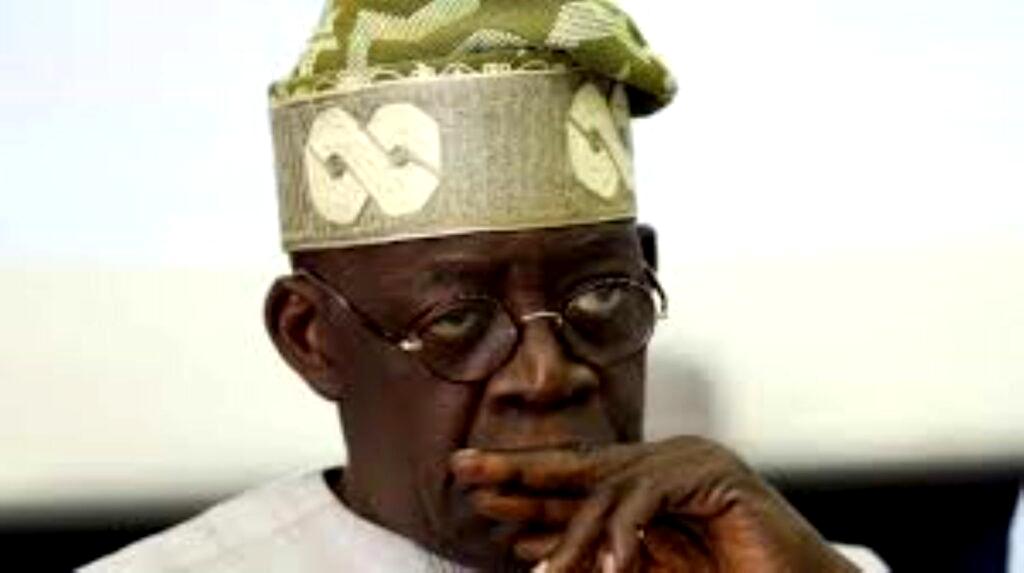Peoples Gazette
Despite recent advances in Malawi and Zambia, elective government stutters and sputters to the uncertain rhythms of pathogens and politicians across Africa. The onset of 2022 has served notice that Nigeria’s 2023 general election, #NigeriaDecides2023, is likely to be the most complex and most-watched in a brutal biennium for elective governance in the continent.
In Mali and Guinea, these uncertainties have produced military coups. In Ethiopia, it has led to a civil war. The electoral landscape in Africa over the next biennium reads like a minefield. Among the countries scheduled to vote, “Libya, Somalia, Mali, Guinea, and Chad are all tentatively scheduled to hold elections that have been delayed or disrupted by coups or conflict.” Some of these may slip. The general elections in Kenya and Angola in 2022 will also be closely watched.
In 2020, at the beginning of the COVID-19 pandemic, Steven Levitsky and Lucan Way wrote that Africa was increasingly a hotbed of “competitive authoritarianism”, which they describe as “a type of regime in which the coexistence of meaningful democratic institutions and serious incumbent abuse yields electoral competition that is real but unfair.” Nigeria is among the 21 African countries which fall into this category. The one time there was a let up in 2015, the country experienced electoral alternance.
On 27 April 2021, Nigeria’s Independent National Electoral Commission, INEC, served a 660-day notice of the date for the next general election, which will occur on 18 February 2023.
Nigerian politicians like to claim that an election is a game of numbers. That is not actually accurate; elections are about counting and accounting. As a country, Nigeria has historically not distinguished itself in either enterprise.
You can have numbers without counting. In June 2020, Andy Uba manufactured entirely fictional numbers for a party primary that took place only in his imagination to emerge candidate of the All Progressives Congress (APC) in the governorship election that took place in November 2021. In the case of Rtd. Cpt. Ahmed Haladu Bichi & PDP v. Alhaji Ibrahim Muazzam & Others, Petition No. EPT/KNS/HR/29/07, the election petition tribunal in Kano accused INEC of indulging in institutional “abracadabra”. In Chief (Mrs.) Edith Ejezie v. Hon Ralph Okeke & Others., Petition No. EPT/AN/NAF/HR/13/2007, a separate tribunal in Anambra found INEC guilty of “generating of results for an election that did not hold.”
Competitive authoritarianism is a system that seeks to confer legitimacy on electoral abracadabra through mechanisms of incumbency, including coercion, menace and institutional forgeries. Electoral abracadabra is not an event. It is the result of a multi-system process usually set up over an election cycle. It has many actors and components, nearly all of them within the state sector. Whether Nigeria will continue with this squalid tradition in 2023 will depend on several factors. Five will be pivotal.
First, the independence of INEC itself. 2023 will put to test whether INEC has improved from its default for abracadabra. Electoral systems at the end of the day are run by human beings. When they are…



Connect with us on our socials: